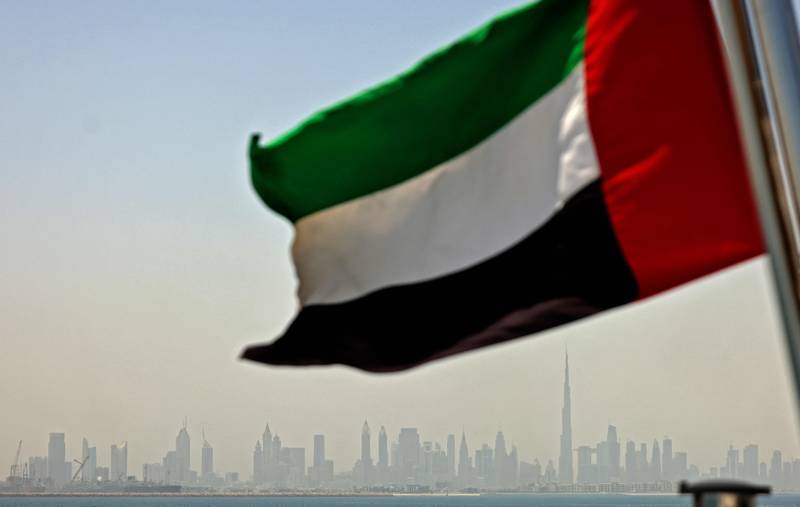
Non-oil business activity in largest Arab economies continued to improve in June
Business activity in the non-oil private sector economies of Saudi Arabia and the UAE continued to improve in June as output and new orders grew amid rising optimism about future growth despite mounting inflationary pressures.
The headline seasonally adjusted S&P Global Saudi Arabia Purchasing Managers’ Index rose to 57 in June, up from 55.7 in May, the highest reading since October 2021 and slightly above the survey’s long-run average of 56.8.
A reading above the neutral level of 50 indicates growth while one below it points to a contraction.
“Saudi Arabia’s non-oil economy continued to go from strength to strength in June, with the PMI picking up to an eight-month high,” said David Owen, an economist at S&P Global Market Intelligence.
“The upturn was underlined by a robust increase in new business levels, which encouraged firms to expand their output sharply and make greater input purchases.”
Business conditions in the kingdom were boosted by an even sharper rise in new order inflows.
The rate of sales growth picked up for the second month running to hit its strongest level since October last year, according to the latest survey data.
Businesses attributed the rise to a continued improvement in domestic economic conditions, efforts to increase marketing and price discounts that spurred client demand.
New export orders also grew at the end of the second quarter on the back of a marked increase in foreign demand. The overall upturn was the quickest recorded in seven months.
Output levels subsequently rose, with the upturn being particularly strong in the kingdom’s construction sector, where growth strengthened to nearly a three-year high.
The overall improvement in the non-oil private sector economy boosted optimism about future sales.
Business confidence in June rose to the highest level since January 2021. Employment numbers also increased in the kingdom for the third month running in a bid to boost output capacity.
The International Monetary Fund estimates that the Saudi economy will expand by 7.4 per cent this year, driven by higher oil revenue, a projected improvement in the country’s non-oil gross domestic product and its efforts to diversify the economy.
The World Bank estimates that the country’s economy will grow 7 per cent this year while Jadwa Investment expects the economy to expand 7.7 per cent in 2022.
However, input price pressures in the Saudi non-oil economy picked up for the second month in a row in June. Businesses registered the fastest rise in costs since August 2020 and one of the most marked in the last eight years.
Several businesses surveyed pointed to a further rise in raw material and fuel prices due to constraints in global supply, while wage costs also increased slightly.
“Notably, cost inflation was up to its highest level for almost two years, prompting a further uptick in average prices charged,” Mr Owen said.
Surging energy prices and supply shortages amid Russia’s continuing military assault in Ukraine have affected raw material prices globally.
Brent rose to a notch under $140 a barrel in March before giving up some gains, but it is still trading near $113 a barrel. It has risen about 45 per cent since the beginning of this year.